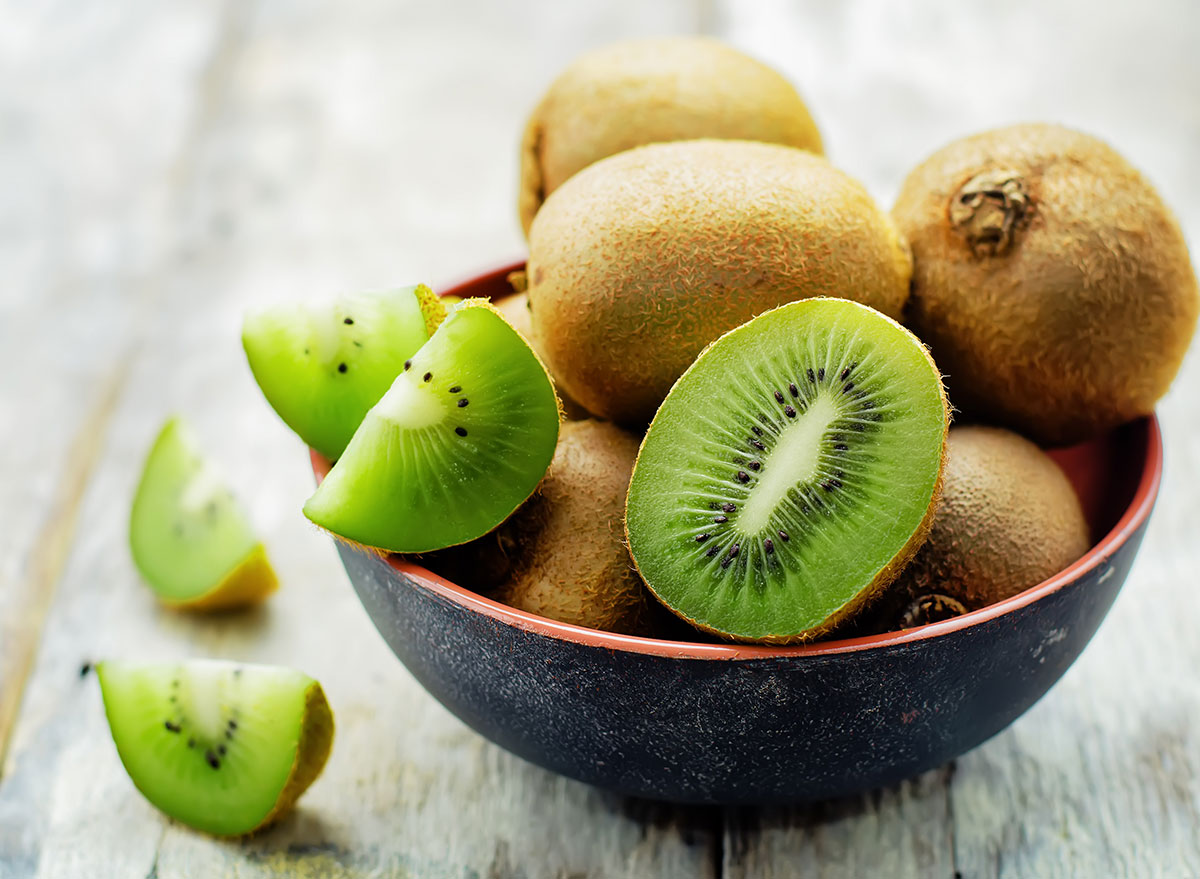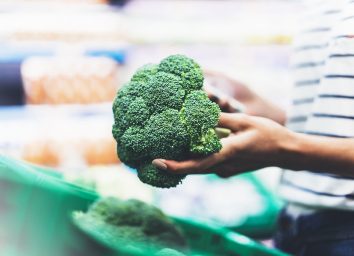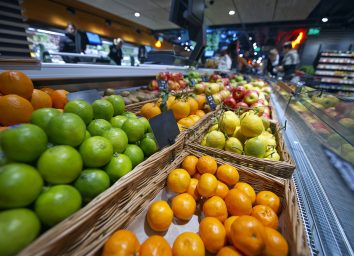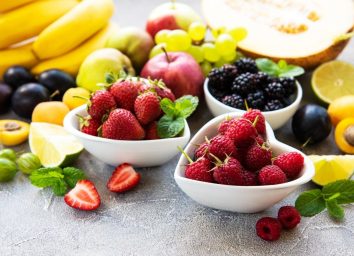One Major Effect of Eating Kiwi Every Day, Says New Study

When you think of your favorite fruit, what comes to mind? Bananas and apples tend to be the most consumed fruits in the U.S. year after year, but where do kiwis stand? Recent research suggests that these fuzzy fruits may pack a host of health benefits, one of which is pivotal for recovering from (intense) exercise.
According to a study published in the journal Nutrients earlier this year, elite runners who ate two kiwis a day for one month reduced oxidative damage from intense physical training. Athletes who routinely train at a high intensity tend to take in a large amount of oxygen when they work out, Matthew Kadey, MS, RD, explains in a Runner’s World article. While oxygen is essential for muscular contraction, inhaling too much of the stuff can also increase the number of free radicals in your body. In turn, oxidative stress occurs, which is described as an imbalance between free radicals and antioxidants in the body. (Related: The 7 Healthiest Foods to Eat Right Now)
What is oxidative stress?
Over time, oxidative stress can damage DNA, as well as essential fatty tissue and proteins in your body. As a result, several health issues can arise, including hypertension, diabetes, atherosclerosis, and even Alzheimer’s disease. Aside from intensive training, oxidative stress can be caused by ingesting pesticides on conventional fruits and vegetables, pollutants in the air, and even consuming a diet that’s high in sugar, fat, and alcohol.
With so many potential factors contributing to increased free radicals, it’s key to eat antioxidant-rich foods to help restore balance. And we’re here to tell you a kiwi may be the underdog fruit that you never thought of eating to boost your antioxidant levels.
For the study, researchers in Japan recruited 30 middle- and long-distance male runners of college age who were regularly exposed to oxidative stress induced by training. Half of the participants were instructed to eat two kiwis a day for two months with no other changes in their diet, and the other half didn’t consume any kiwis at all. At the conclusion of the study, researchers found that those who ate the fruit twice a day reduced the damaging impacts of oxidative stress-induced training on their bodies by increasing their antioxidant levels.
Previous research has indicated kiwis contain antioxidant properties that could combat oxidative DNA damage. One study even suggests that the antioxidant and vitamin C present in kiwis can help treat asthma.
At the least, we hope this research gives encourages you to diversify the fruits you eat each week. Even if you’re not an athlete, kiwis may still help you ward off oxidative stress caused by other environmental and diet-related factors. Consider giving this Kiwi, Cucumber, and Mango Salsa a whirl. And don’t forget to sign up for our newsletter to stay on top of all of the latest food news!








